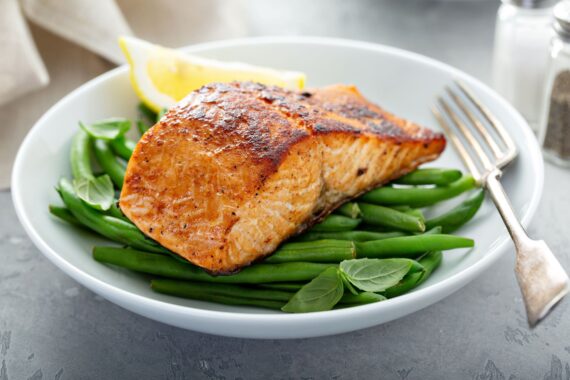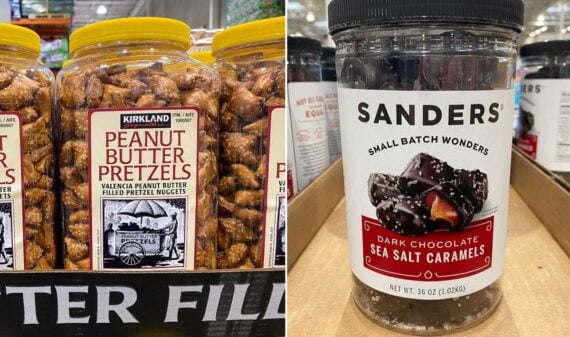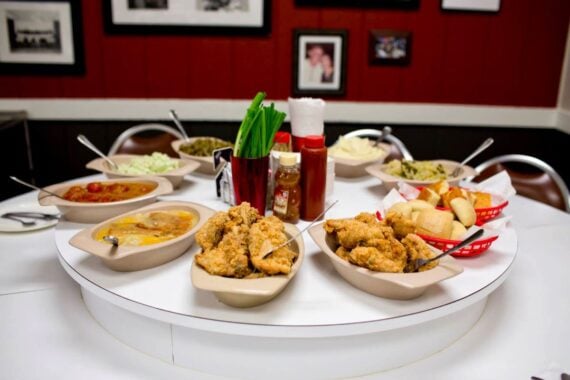Seafood is rich in omega-3 fatty acids, vitamin D, protein, and important minerals like selenium. But it’s also expensive, especially when you compare it to low-cost meats like chicken thighs and ground beef.
That shouldn’t deter you, however, as seafood is a vital part of a healthy diet, according to the Dietary Guidelines for America, which recommends eating 8 ounces a week. We explain how to meet that weekly target without upending your budget.
Buy Different Types of Fish
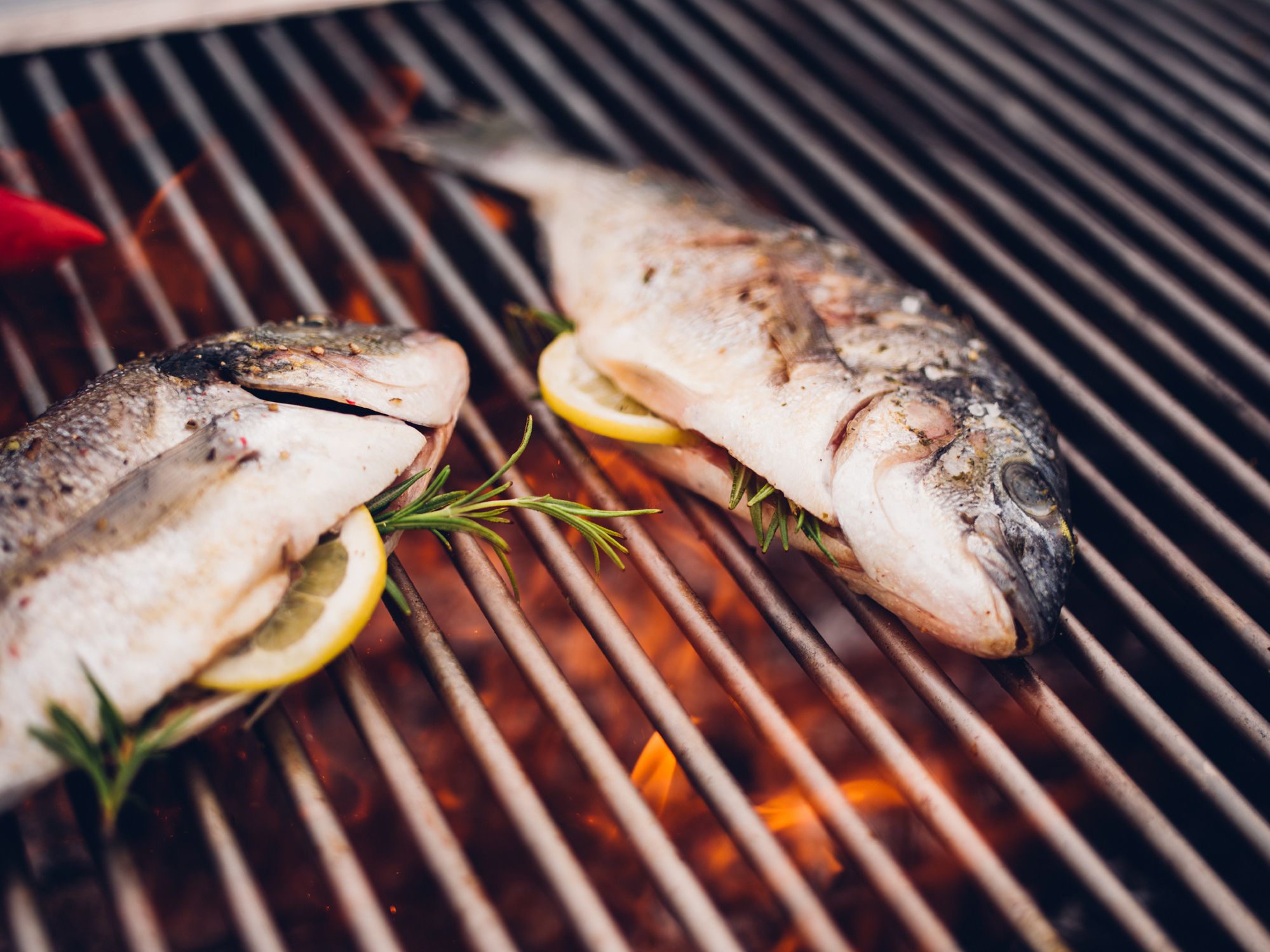
A pound of wild salmon costs $30 per pound at my local Whole Foods. Admittedly, this is in Los Angeles, the land of $20 smoothies and $25 cocktails, but charging that much for fish should be a crime anywhere. Even if you live in a high-cost-of-living area, there’s a simple workaround: Shop for cheaper species of fish like dorade, catfish, mackerel, and tilapia, which are around a third of the price, if not cheaper.
Go For Canned Fish
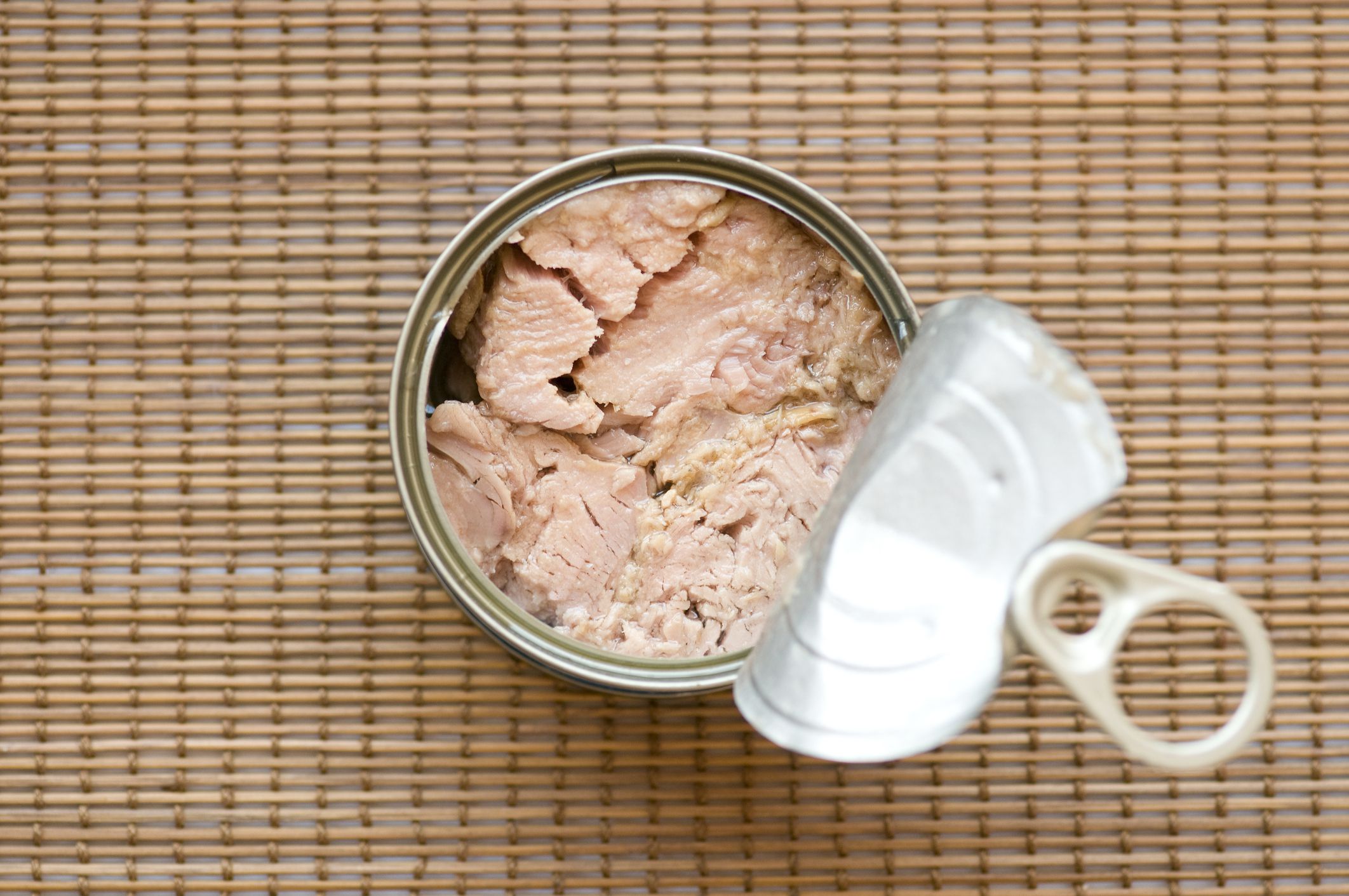
Canned fish will also be significantly cheaper while still having all the same health benefits. You can elevate tinned fish by throwing it into a pasta puttanesca, spreading it on good bread, or tossing it into a fennel salad.
Related: 7 Canned Salmon Recipes To Try When You’re Sick of Tuna
Eat Farm-Raised Fish (in Moderation)
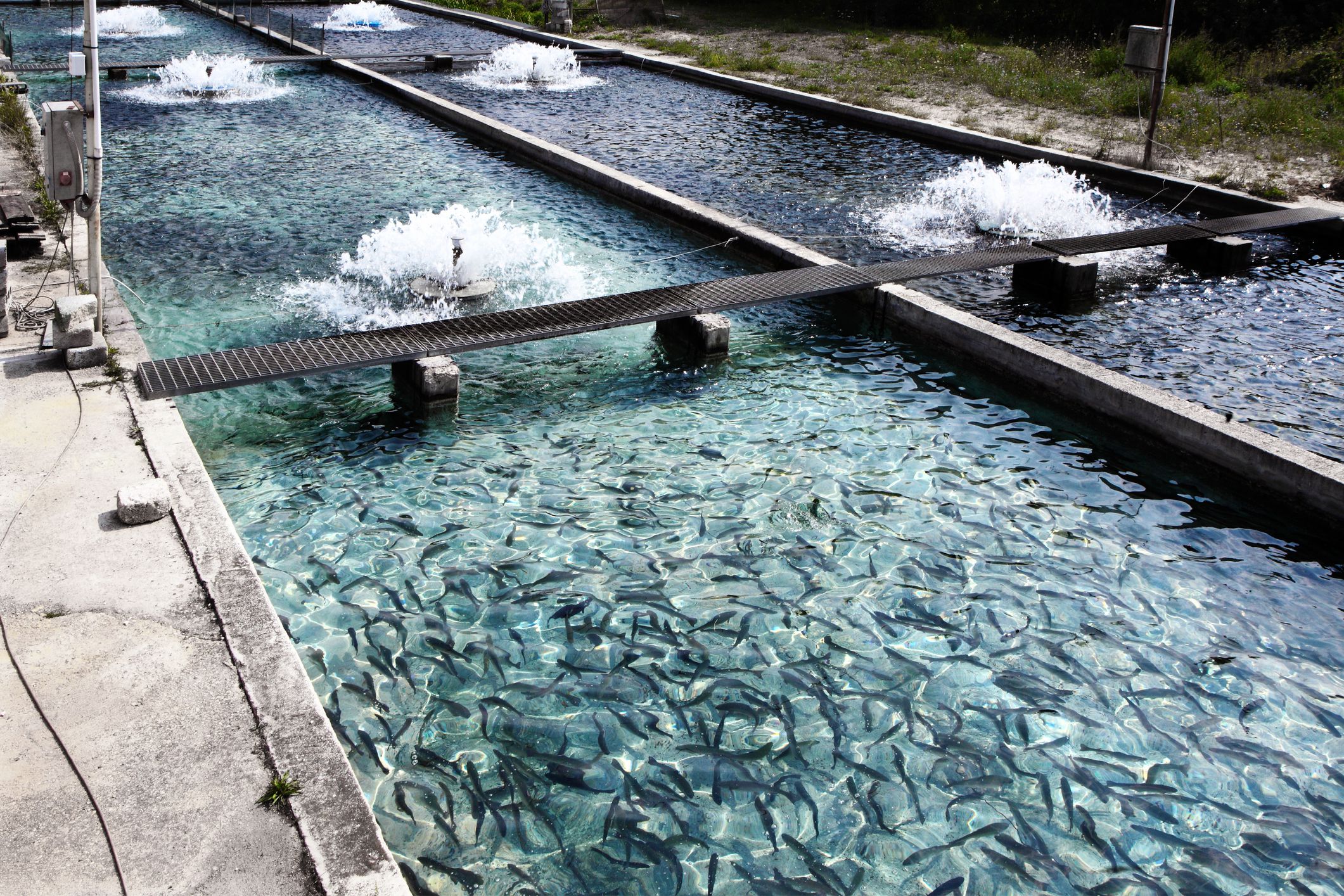
When it comes to nutritional value and harmful contaminants, wild-caught fish is preferable, according to Dana Hunnes, a senior dietitian at UCLA Medical Center and an adjunct assistant professor at the UCLA Fielding School of Public Health. That’s because farmed seafood can be contaminated by industrial chemicals and antibiotics.
Wild-caught fish also tend to contain more omega-3s, Hunnes adds. That said, you can still add farmed fish to your diet, albeit in moderation. Hunnes recommends visiting the Monterey Bay Aquarium Seafood Watch site to find out which species are sustainable and healthy to consume. Some fish, like swordfish and orange roughy, contain high levels of mercury and should be avoided.
Go Fishing
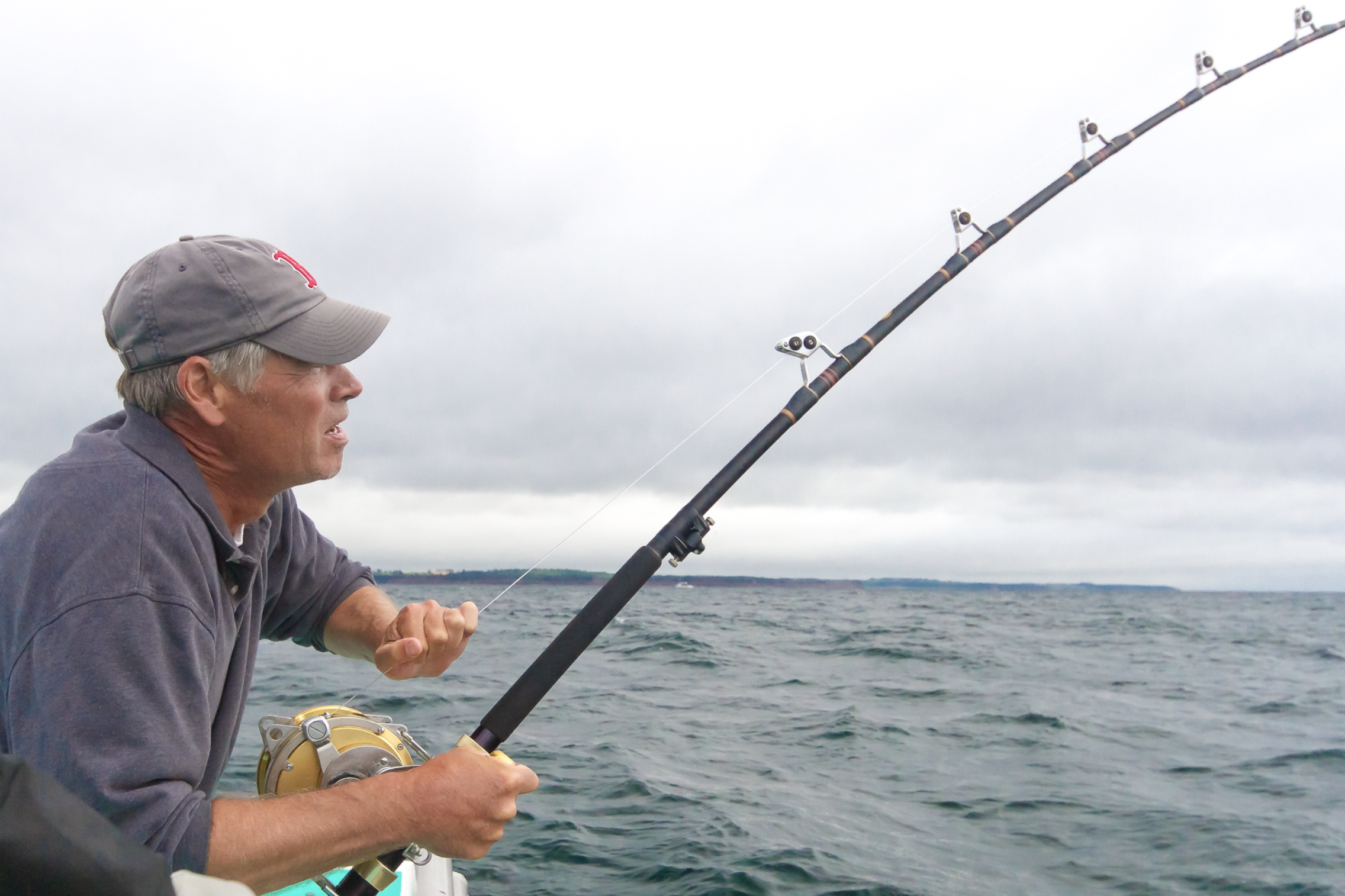
Although you’ll need to pay for a fishing license to catch your own seafood, there are some low-cost workarounds. In California, for example, you can fish without a license on public piers, jetties, and breakwaters.
Looking to fish elsewhere? Check out some of the best fishing spots in every state.
For more money-saving tips, please sign up for our free newsletters.
Shop at a Fish Market
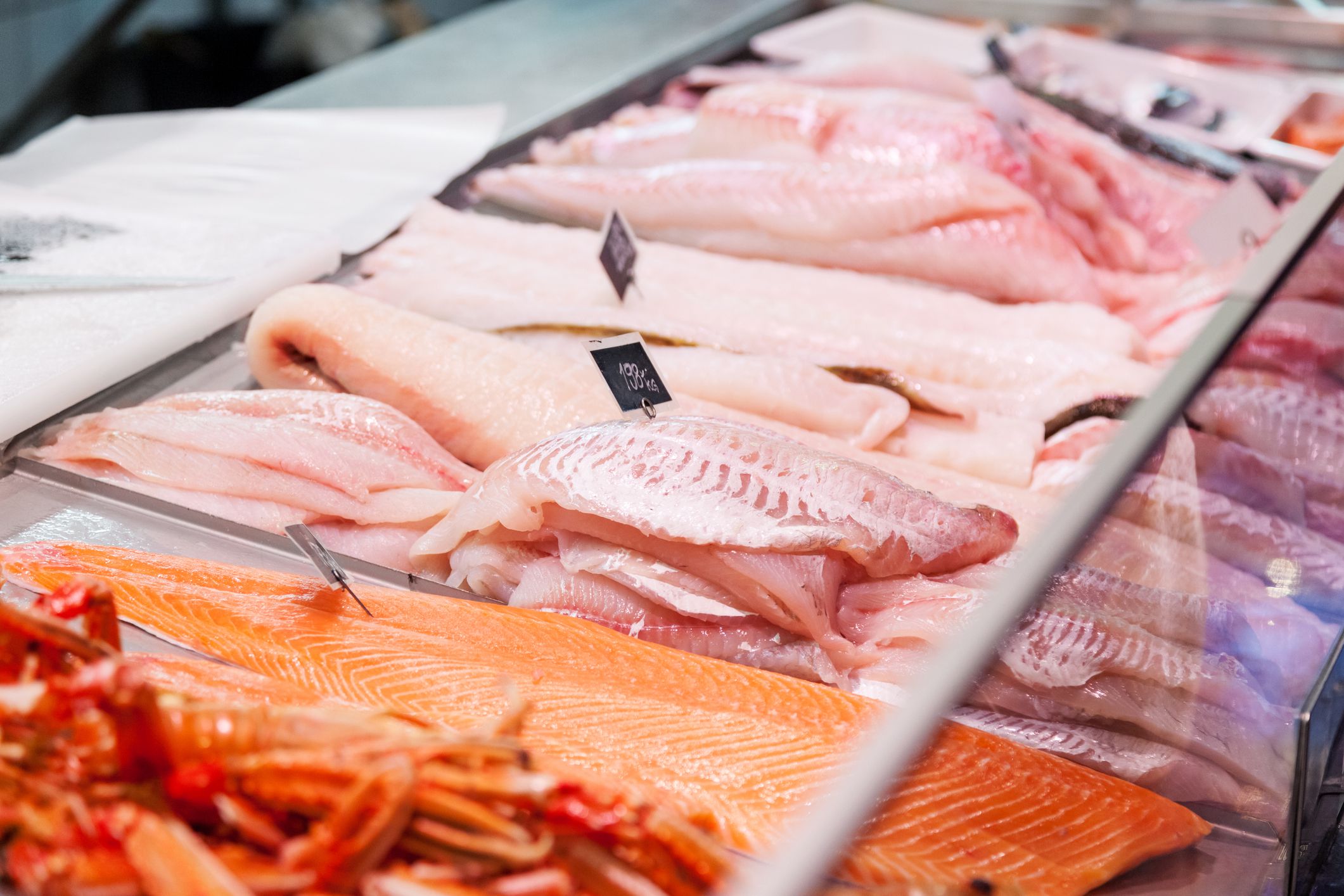
Live on the coast or near a lake or major river? Take advantage of the local catch and shop at a nearby fish market. If seafood prices seem high in your area, you can ask for heads and racks — carcasses, bones, and other unwanted bits — and make fish soup.
Related: 19 Recipes and Tips for Grilling Fish This Summer
Trending on Cheapism
Buy Frozen Fish
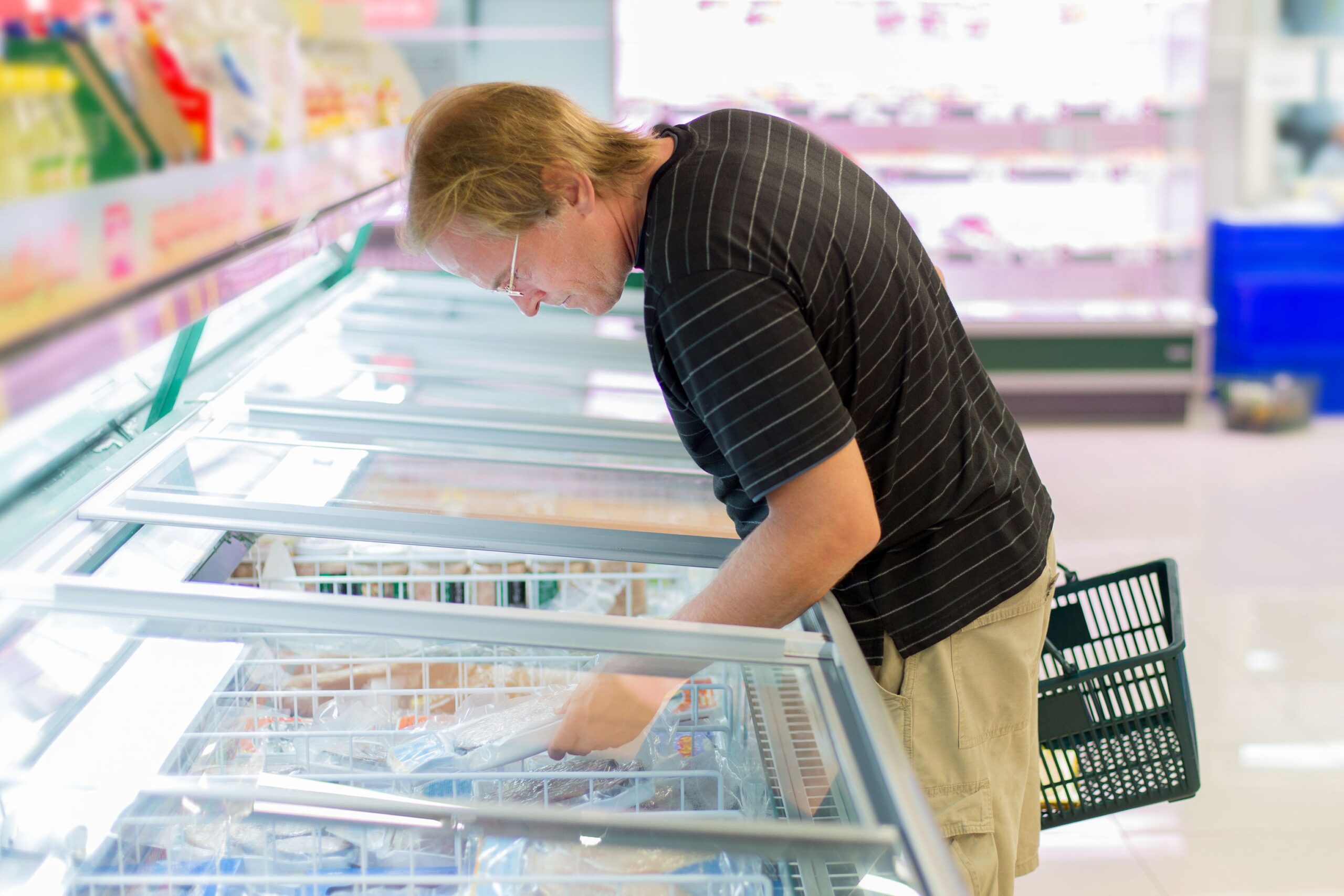
Put aside your frozen fish prejudice the next time you’re at the grocery store. Not only is frozen fish significantly cheaper than fresh seafood, but it’s also more sustainable, spreading the availability of a seasonal product throughout the year.
There are also data to suggest that it tastes just as good as fresh fish, in part because of advancements in the freezing process. One 2016 study funded by the National Fish and Wildlife Foundation found that flash-frozen fish “received an equal or higher rating than fresh fish across the board” in a consumer survey. Consumers say you can find affordable, high-quality frozen seafood at Trader Joe’s and Costco.
Related: You’ll Be Hooked: 20 Amazing Seafood Shacks Across America
